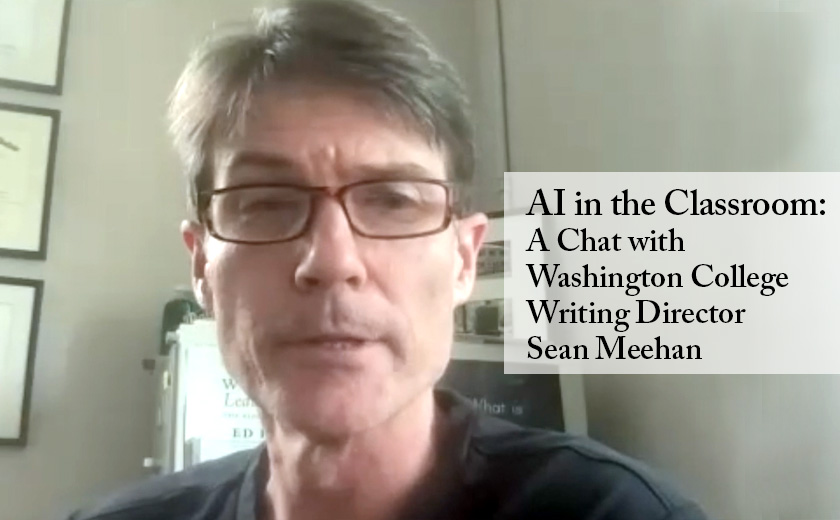Various Artificial Intelligence systems have been around for years. Look no further than web search engines like Google, content recommendations like Netflix and Amazon, or those annoying pop-up ads targeting you on Facebook.
But when the AI chatbot Chat GPT debuted in November 2022, colleges and universities from California to the UK were quick to react by prohibiting access to what they perceived as a readily available means of cheating.
After all, in a mere ten seconds, one could effortlessly produce a well-crafted 1500-word essay in response to a prompt like, “Provide examples of 19th-century English poverty as depicted in three of Charles Dickens’ novels,” or as MIT has discovered, tackle complex physics problems.
Simply put, more recent state-of-the-art computer algorithms have achieved accuracies at par with or exceeding human experts. It may well be one of the most revolutionary changes in human life.
Since November, the initial wave of panic has begun to subside, and academic institutions are now considering alternative approaches to engaging with AI. Rather than strictly policing or outright rejecting its use, some educators are embracing AI as a valuable learning tool and are exploring ways to use it in the classroom by challenging traditional ways of teaching and testing students.
What will be the effect of AI programs like Chat GTP on academic environments? How will transparency and authorship be determined if students submit essays using AI language that notoriously does not offer citations for its output? How do we detect bias in AI output?
These are some of the vexing questions colleges and universities face as machine-learning AI becomes a systemic force permeating every facet of life, but rather than panic, many teachers see it as an opportunity to work with a powerful new tool for learning.
The Spy recently interviewed Washington College Writing Program Director Sean Meehan to talk about how the College is adapting to the presence of AI in collegiate studies.
This video is approximately ten minutes in length. For more information about Washington College please go here.



Write a Letter to the Editor on this Article
We encourage readers to offer their point of view on this article by submitting the following form. Editing is sometimes necessary and is done at the discretion of the editorial staff.